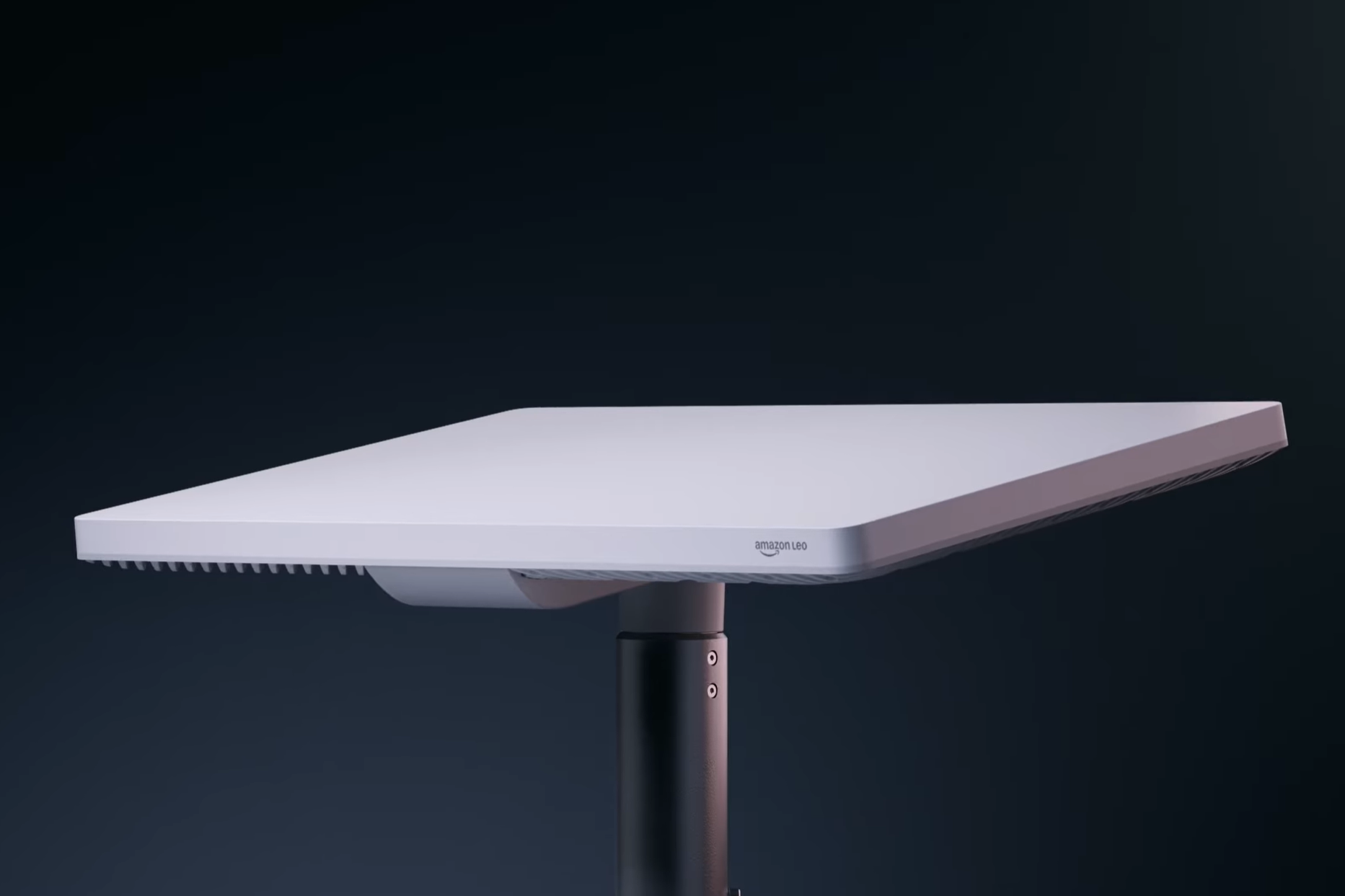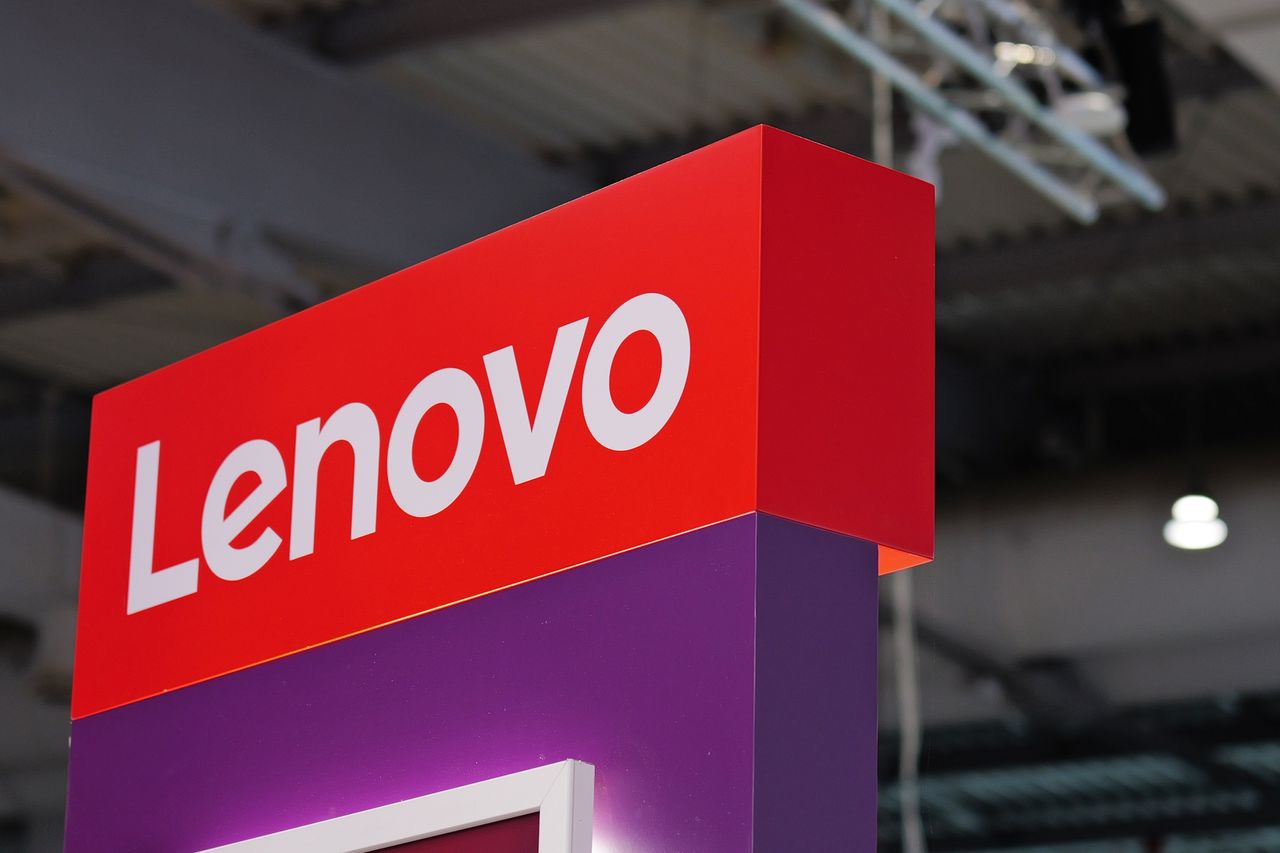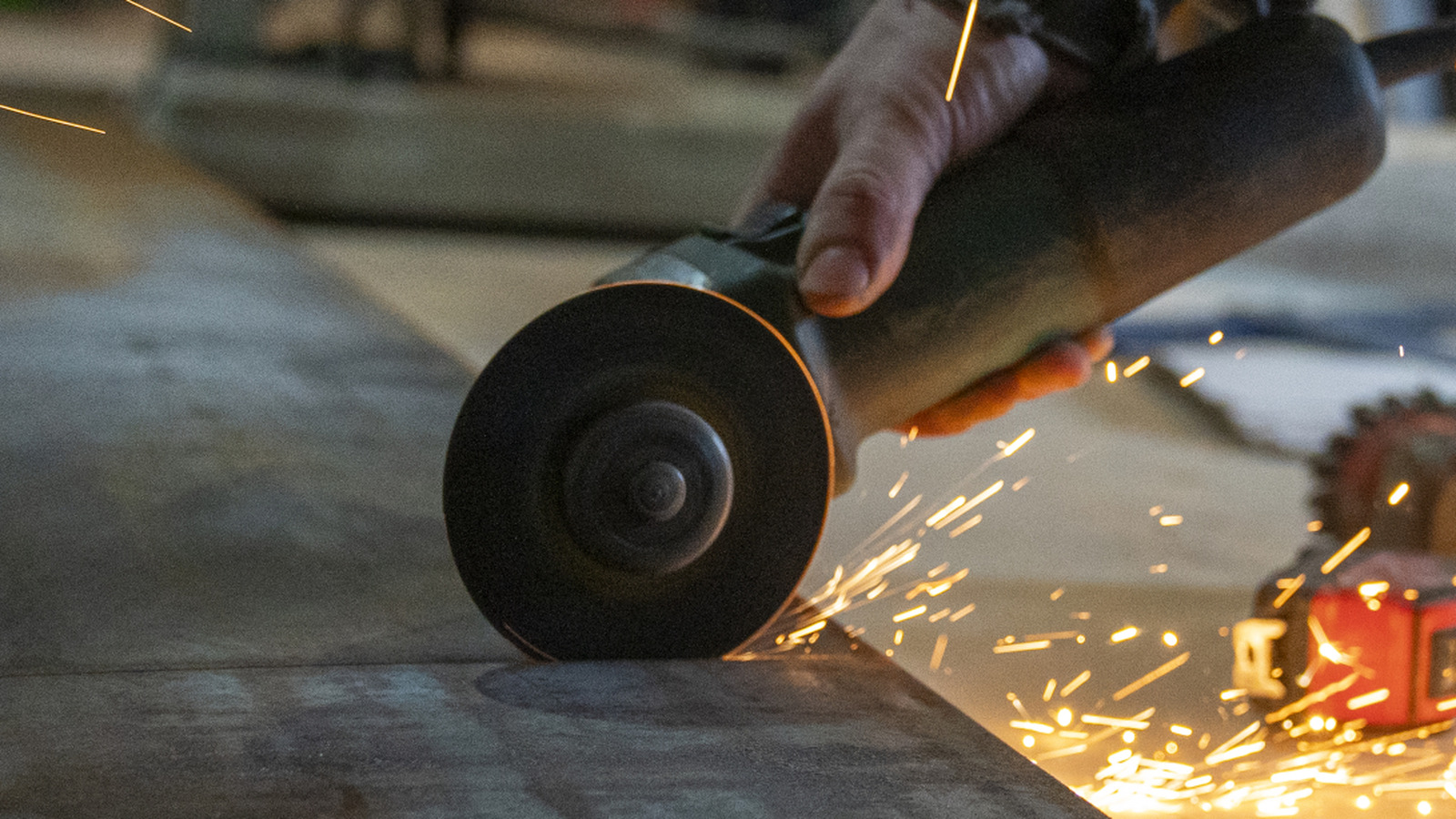- Space
SpaceX currently controls two thirds of all active satellites in low-Earth orbit through Starlink – but Amazon claims its service is faster
Anthony CuthbertsonTuesday 25 November 2025 09:09 GMTComments Amazon unveiled its Leo Ultra satellite internet service on 24 November, 2025 (Amazon)
Amazon unveiled its Leo Ultra satellite internet service on 24 November, 2025 (Amazon)
Sign up to our free weekly IndyTech newsletter delivered straight to your inbox
Sign up to our free IndyTech newsletter
Sign up to our free IndyTech newsletter
 Email*SIGN UP
Email*SIGN UPI would like to be emailed about offers, events and updates from The Independent. Read our Privacy notice
Amazon has unveiled what it claims to be the world’s fastest commercial satellite internet service, aiming to take on the dominance of SpaceX’s Starlink.
Formerly known as Project Kuiper, Amazon Leo currently boasts a network of 150 satellites – less than 2 per cent of SpaceX’s Starlink constellation, which has around 8,500 active satellites.
Despite its small size, Amazon claims that its satellites provide its new Leo Ultra antenna with download speeds of up to 1Gbps, making it “the fastest commercial phased array antenna in production”.
This is around five times the speed of SpaceX’s Starlink network of 200Mbps during peak hours in the US, although this is serving more than 2 million customers. The company’s Starlink Performance Kit advertises peak download speeds of 475Mbps, with a gigabit service planned for 2026.
Amazon Leo is currently only available to a limited number of business customers, though a wider rollout is expected next year.
It is the latest challenge from Amazon founder and chairman Jeff Bezos to fellow centi-billionaire Elon Musk, whose rival space ventures – Blue Origin and SpaceX – have been competing for lucrative launch contracts with Nasa.
Amazon eventually plans to build a constellation of 3,236 Leo satellites, while SpaceX has plans to expand its network to 12,000 Starlink satellites.
"Amazon Leo represents a massive opportunity for businesses operating in challenging environments," said Chris Weber, vice president of consumer and enterprise business for Amazon Leo.
“From our satellite and network design to our portfolio of high-performance phased array antennas, we’ve designed Amazon Leo to meet the needs of some of the most complex business and government customers out there, and we’re excited to provide them with the tools they need to transform their operations, no matter where they are in the world."
Early customers include clean energy company Hunt Energy Network, wireless connectivity firm Vanu Inc, and the airline JetBlue.
Amazon said the limited roll out is designed to allow stress testing of the network, while also providing insights into how different industries might use the technology.
“Having collaborated with Amazon before, we knew Amazon Leo would share our passion for customer-first innovation,” said Marty St. George, president of JetBlue.
“Choosing Amazon Leo reflects our commitment to staying ahead of what customers want most when traveling, such as fast, reliable performance and flexibility in our free inflight Wi-Fi.”
More about
AmazonElon MuskSpaceXstarlinkJoin our commenting forum
Join thought-provoking conversations, follow other Independent readers and see their replies
Comments



